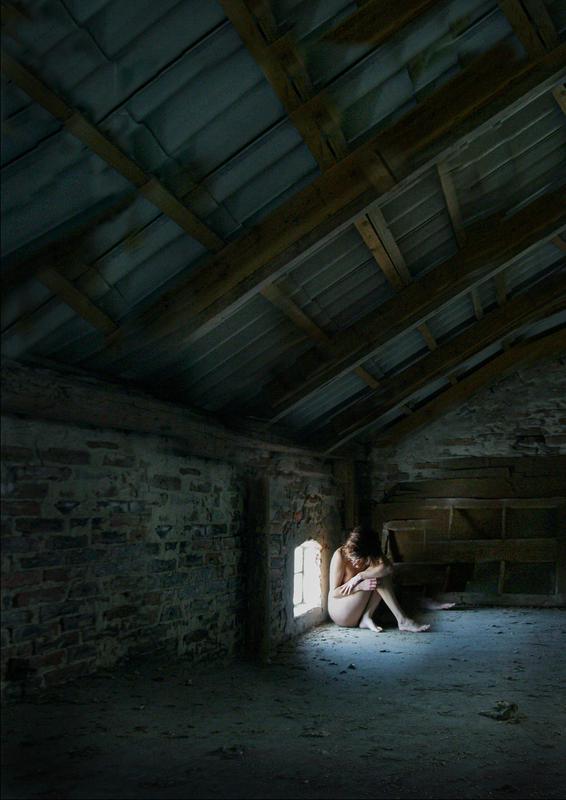Bailey Quinn
Image by Renee Asmussen from Pexels
Bailey Quinn is currently pursuing her Master of Arts in English at Weber State University. Her work appears or is forthcoming in Dunes Review, Rubbertop Review, Open Minds Quarterly, and Sand Hills Literary Magazine, among others. She holds a Bachelor of Arts in English from Brigham Young University.
Generational Trauma
The ghost of our grandmother hangs
a golden frame at the back of our attic—back
behind moldy newspapers, canned peaches
in crooked stacks, glass jars of cloudy, rotten
liquid seeping through cracks. Moldy roots
of a pest-infested peach tree intertwine
our mother’s delicate fingers as she intertwines
a warning through each strand of hair that hangs
in the braids around our neck: At our roots
we are rotten. Through our scalp, down our back
she draws the teeth of her black comb. Rotten,
like purpled skin of mellowed Georgia peaches
grandmother picked every summer—Peaches,
are sweeter when bruising intertwines
the soft, supple skin. They say bruising lets rot in,
but really it teaches peaches to grow. Her voice hangs
long after she’s gone, and we repeat the words back
to her gilded ghost every time the roots
of our mother’s rage snake our braids—roots
from the tree that grew sun-speckled peaches
our grandmother canned and hid at the back
of her father’s attic, the attic where intertwined
in her father’s hands, our grandmother would hang
her tears on bleached branches, let the rot in,
concede at some point we all become rotten.
We prune and pull away mutilated roots
in cracked and plastered cellars. We hang
our heads, drink syrup of decadent peaches
and scour our bodies with fermentation intertwined
in our hair, breasts, legs, memories—back
& back & back & back. Back
before bruised peach pits became rotten,
before the hands of generations entered us, wine-
soaked earthworms, whittling escape routes
to northwestern shores. Sliced and scarred peaches
on pink blossomed branches, our hearts hang
Like our grandmother’s ghost—hang in the eaves
of our rotting attic, peach paint peeling, names repeating,
intertwined in the dust that settles around her roots.
__________________________________________________________________________________________________________________________________________________________________________
__________________________________________________________________________________________________________________________________________________________________________
__________________________________________________________________________________________________________________________________________________________________________
__________________________________________________________________________________________________________________________________________________________________________
__________________________________________________________________________________________________________________________________________________________________________
©2022 West Trade Review
Stay Connected to Our Literary Community. Subscribe to Our Newsletter
Listen:



